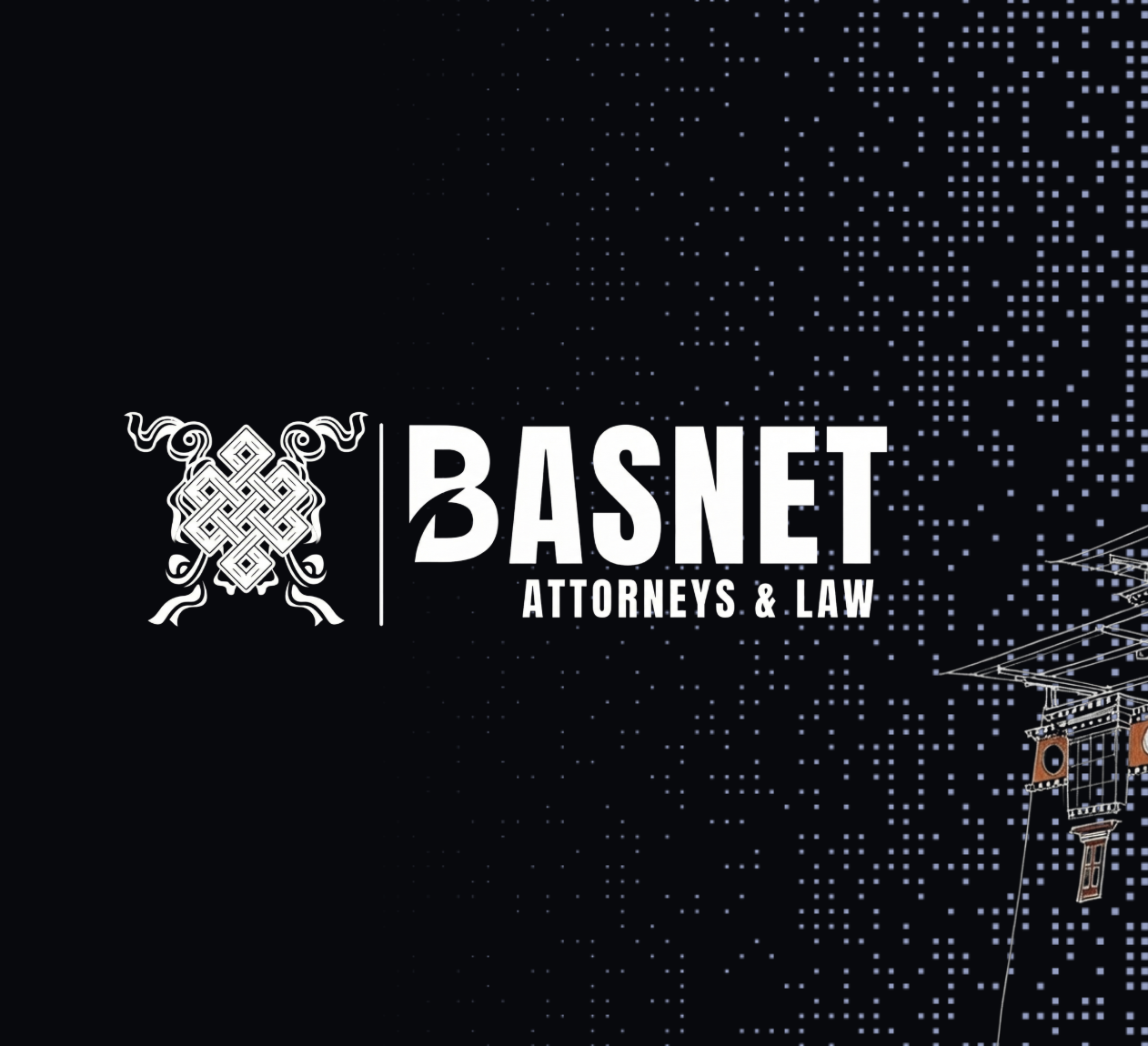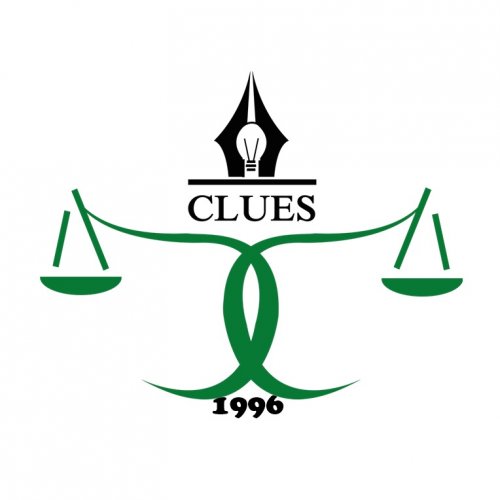Best Due Diligence Lawyers in Bhutan
Share your needs with us, get contacted by law firms.
Free. Takes 2 min.
Or refine your search by selecting a city:
List of the best lawyers in Bhutan

Basnet Attorneys and Law - A Premier law Firm in Bhutan
15 minutes Free ConsultationAbout Due Diligence Law in Bhutan
Due diligence in Bhutan involves the process of thoroughly investigating and evaluating a business or investment opportunity before proceeding. This concept is rooted in ensuring that all financial, legal, and operational aspects of a transaction are fully understood, thus reducing risk and facilitating informed decision-making. In Bhutan, due diligence is particularly relevant in sectors like banking, real estate, and investments, where it is crucial to ensure compliance with national laws and regulations.
Why You May Need a Lawyer
Engaging a lawyer for due diligence proceedings in Bhutan can offer significant advantages, particularly in complex financial transactions and investments. Lawyers specializing in due diligence can help minimize risks by thoroughly investigating the legal and regulatory landscape surrounding a deal. Common situations requiring legal expertise include mergers and acquisitions, securing investments in local businesses, real estate transactions, and compliance verification with Bhutanese regulations.
Local Laws Overview
Bhutan's unique legal framework encompasses laws and regulations that foreign investors and local businesses must adhere to during due diligence processes. Key areas include:
- Foreign Direct Investment (FDI) Rules: Regulations govern how foreign entities can invest in Bhutan.
- Land Act of Bhutan: Legal provisions related to real estate transactions, which are critical during property investments.
- Companies Act of Bhutan: Outlines corporate governance and procedural requirements for businesses operating in Bhutan.
- Environmental Assessment Act: Ensures businesses comply with sustainable practices, crucial for businesses impacting the environment.
Frequently Asked Questions
What is the main purpose of due diligence in Bhutan?
The primary aim is to assess risks and ensure compliance with local laws, thus protecting the interests of the parties involved in business transactions.
Is due diligence mandatory for all business transactions in Bhutan?
It's not legally obligatory for all transactions but highly recommended, especially for substantial investments or complex deals.
What areas should be covered in a due diligence investigation?
Financial performance, legal compliance, operational metrics, tax liabilities, and environmental impact are critical components.
Can due diligence be conducted by anyone?
While anyone can perform preliminary due diligence, it's advisable to engage professionals, such as lawyers, for thorough investigations.
What are the consequences of inadequate due diligence?
Poor due diligence can result in legal liabilities, financial losses, or reputational damage to the individuals or organizations involved.
How long does a due diligence process typically take in Bhutan?
The duration varies depending on transaction complexity but generally ranges from a few weeks to several months.
Are there any government regulations that affect due diligence in Bhutan?
Yes, several laws regulate due diligence, including the Companies Act, FDI rules, and sector-specific regulations.
How can a lawyer specialize in due diligence help?
A specialized lawyer can identify potential risks, ensure compliance with complex regulations, and facilitate smoother negotiations.
Is it necessary to conduct environmental due diligence in Bhutan?
Yes, especially for industries impacting the environment, to comply with the Environmental Assessment Act.
Can due diligence findings affect the terms of a transaction?
Absolutely. Findings can lead to renegotiation or cancellation of terms based on identified risks or discrepancies.
Additional Resources
For those seeking further assistance, the following resources may be helpful:
- Gross National Happiness Commission: Provides guidelines on sustainable business practices.
- Bhutan Chamber of Commerce & Industry (BCCI): Offers insight into business operations and local partnerships.
- Ministry of Economic Affairs: For information on FDI policies, business regulations, and compliance.
- National Environment Commission: Guidance on environmental compliance and assessments.
Next Steps
If you require legal assistance in due diligence, consider the following steps:
- Identify Your Needs: Determine the areas requiring legal guidance, whether financial, legal, or operational.
- Seek Recommendations: Gather referrals for reputable lawyers experienced in Bhutanese due diligence law.
- Schedule Consultations: Arrange meetings with potential lawyers to discuss your specific needs and evaluate their expertise.
- Engage a Lawyer: Choose a lawyer or a law firm that best suits your needs and budget, and formally engage their services for your due diligence process.
Lawzana helps you find the best lawyers and law firms in Bhutan through a curated and pre-screened list of qualified legal professionals. Our platform offers rankings and detailed profiles of attorneys and law firms, allowing you to compare based on practice areas, including Due Diligence, experience, and client feedback.
Each profile includes a description of the firm's areas of practice, client reviews, team members and partners, year of establishment, spoken languages, office locations, contact information, social media presence, and any published articles or resources. Most firms on our platform speak English and are experienced in both local and international legal matters.
Get a quote from top-rated law firms in Bhutan — quickly, securely, and without unnecessary hassle.
Disclaimer:
The information provided on this page is for general informational purposes only and does not constitute legal advice. While we strive to ensure the accuracy and relevance of the content, legal information may change over time, and interpretations of the law can vary. You should always consult with a qualified legal professional for advice specific to your situation.
We disclaim all liability for actions taken or not taken based on the content of this page. If you believe any information is incorrect or outdated, please contact us, and we will review and update it where appropriate.
Browse due diligence law firms by city in Bhutan
Refine your search by selecting a city.










